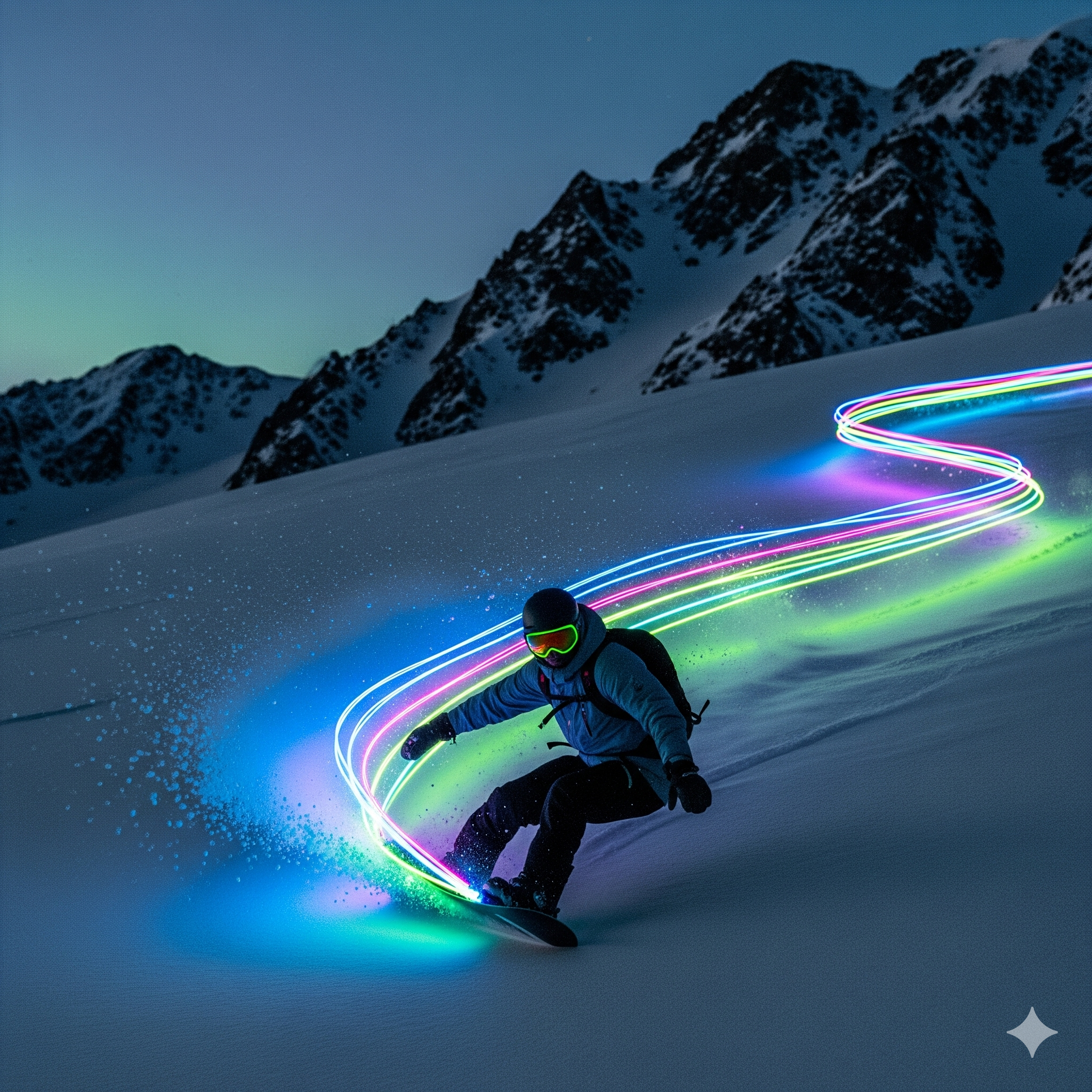Snowboarding predictions have become increasingly sophisticated, thanks to advancements in AI performance scoring systems. These innovations are revolutionizing how athletes prepare for competitions and how fans engage with the sport.
The Evolution of AI in Snowboarding
Artificial intelligence has been making significant strides in various sports, and snowboarding is no exception. In January 2025, the X Games in Aspen conducted an experiment using AI to judge halfpipe runs. This initiative aimed to enhance objectivity in scoring subjective sports. Collaborating with Google co-founder Sergey Brin, X Games CEO Jeremy Bloom utilized Google Cloud tools, including Vertex AI, to develop this technology. The AI system analyzed thousands of hours of halfpipe footage, assisting human judges by identifying details they might miss. While it didn’t impact official scoring, the experiment provided valuable insights into the future of sports analytics.
AI Performance Scoring: A Game Changer
AI performance scoring systems assess various elements of a snowboarder’s run, such as jump height, trick difficulty, and execution quality. By processing extensive data, these systems can predict outcomes with remarkable accuracy. For instance, during the 2025 FIS Freestyle Ski and Snowboarding World Championships, AI could have analyzed competitors’ previous performances to forecast potential winners. In the men’s snowboard halfpipe, Australian Scotty James clinched the gold with a score of 95.00, while Japanese riders Ruka Hirano and Yūto Totsuka secured silver and bronze, respectively.
The Impact on Halfpipe Betting
The integration of AI into snowboarding predictions has significant implications for halfpipe betting. Betting platforms can leverage AI analytics to offer more accurate odds, enhancing the betting experience for enthusiasts. By analyzing factors like athlete form, historical performance, and environmental conditions, AI can provide insights that were previously unattainable. This evolution not only benefits bettors but also adds a layer of excitement and engagement to the sport.
Winter Sports Analytics: A Broader Perspective
The application of AI in winter sports analytics extends beyond snowboarding. In freestyle skiing, for example, AI systems can evaluate jump techniques, air time, and landing precision to predict scores and outcomes. This comprehensive analysis aids coaches and athletes in refining their strategies and training regimens. Moreover, fans gain a deeper understanding of the sport, fostering a more immersive viewing experience.
Forecasting the Future of AI in Snowboarding
Looking ahead, the role of AI in snowboarding is poised to expand. As technology advances, AI systems will become more sophisticated, offering real-time analytics and personalized insights. Athletes may receive immediate feedback on their runs, enabling rapid adjustments and continuous improvement. For fans, AI-driven platforms could provide interactive experiences, such as virtual coaching sessions or predictive models of upcoming competitions. The integration of AI is set to redefine the landscape of snowboarding, making it more dynamic and accessible to a global audience.
In conclusion, snowboarding predictions powered by AI performance scoring are transforming the sport. From enhancing judging accuracy to enriching the betting landscape and broadening winter sports analytics, AI’s influence is profound. As we look to the future, the synergy between technology and snowboarding promises exciting developments for athletes, fans, and the sport as a whole.
